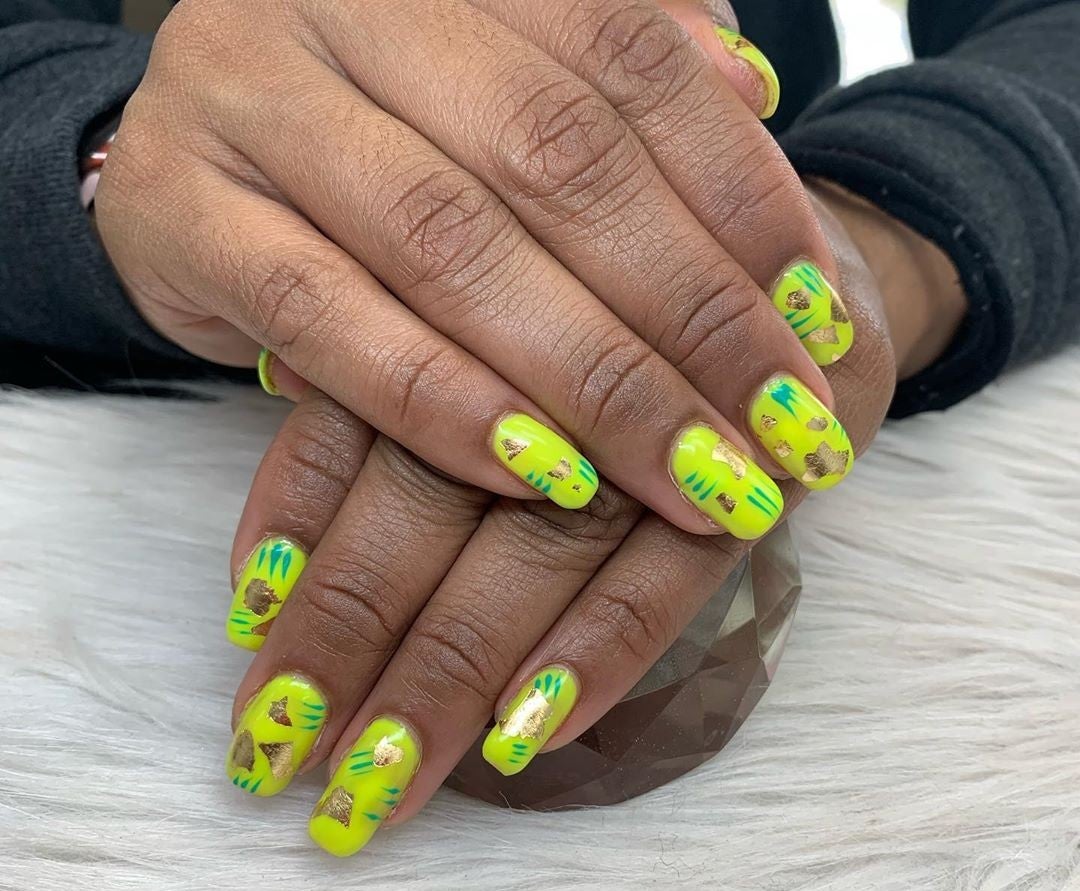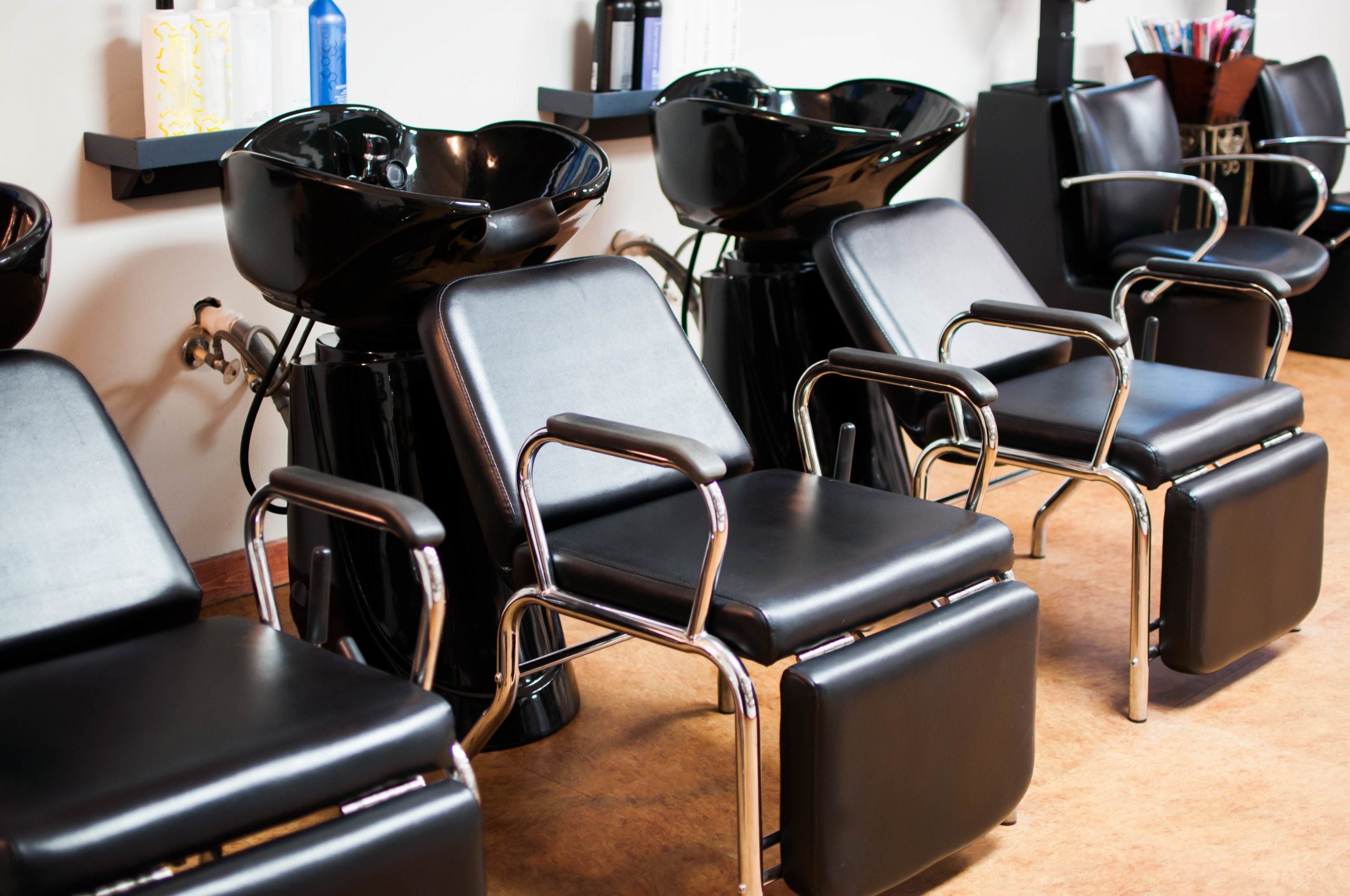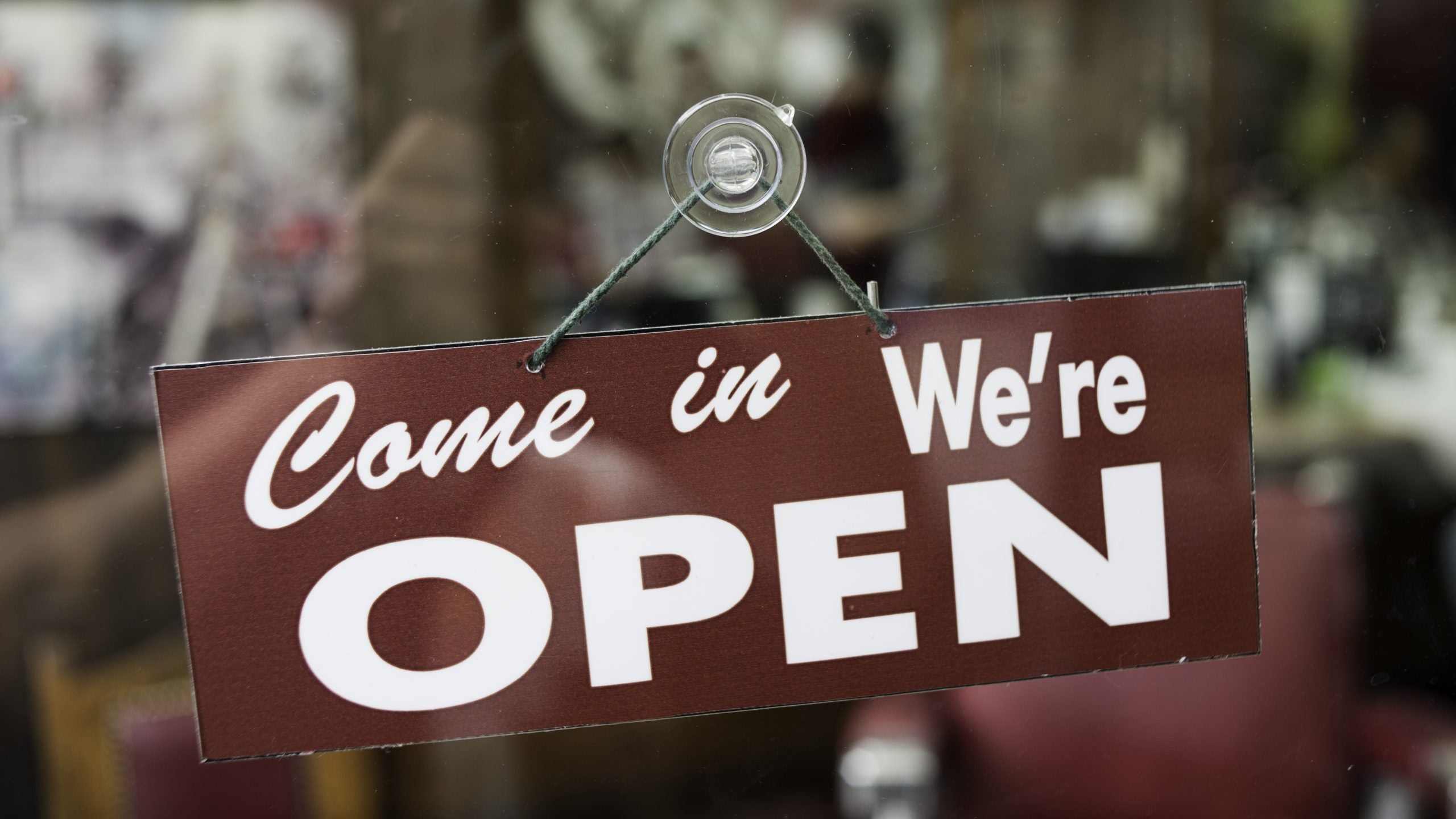It’s been exactly one week since Georgia Gov. Brian Kemp has allowed non-essential businesses to reopen in an attempt to stabilize the state’s economy. Critics have called it a sort of pilot program for reopening and have warned that there could be a lot of danger in being the first.
For businesses that sell tangible goods, there were still ways to reach communities. But for many creative workers who rely strictly on the services they offer, quarantine and stay-at-home orders have largely impacted their bottom lines, and threatened their livelihoods.
And for Black communities across the United States, which have been hit the hardest by the COVID-19 pandemic, it’s a complicated issue.
Jasmine “Razor Chic” Collins said that since the reopening of businesses last Friday, the streets in her neighborhood filled up quickly with people who were anxious to resume life as they knew it before quarantine. She plans to reopen her Atlanta-based hair salon on May 8 because rent is due, clients are calling, and losing what she’s built is not an option.
“We’re forced to do what we have to do to survive,” she said. “And of course I got a savings, but I refuse to go through my savings when the world is dealing with a pandemic. We’re forced to go back to work.”
According to Collins, the reopening of the economy has forced many salon owners back to work because of rental agreements. Now that they are able to make money, landlords aren’t upholding any previous rent freeze agreements or forgiving late rent payments. Faced with the responsibility to pay the rent on their shops or lose their space, beauty business owners are choosing to go back to work.
Collins said that she applied for an SBA loan and all other relief programs for small businesses and she hasn’t received any assistance. She said other stylists that she knows have had the same experience. Some of them haven’t even received their personal stimulus checks.
And while Collins feels compelled to reopen her salon to keep her business afloat, between making her shop COVID-19 ready (she ordered new shields, disposable capes, and masks), normal operating costs, and limiting the amount of clients she can take at a time, it’s actually going to cost her more money then she’ll make.
“It’s costing me money and I’m losing money because I’m not able to take as many clients as I normally take,” Collins explained. “But what can you do? My phone goes off every day, three and four times a day, people booking hair appointments left and right. Despite what’s going on, they’re ready to come in.”
And she’s ready to serve them. But most of the salons and barbershops that service Black hair that were recommended to me were temporarily closed, or when I called, I got their voicemail.
The Glam Shop owner and reality TV star Sierra Gates pivoted her business to virtual learning and online webinars. She feels blessed that she has been able to still earn a good living and help other women start online businesses during the pandemic. But she said she understands why businesses feeling the pinch of the shutdown would be eager to open.
“I’ve seen more people protesting saying that [opening] is a bad idea. As a business owner I also kind of understand the people saying they want their businesses to open back up,” said Gates. “They’re self-employed. They need money, they got loans and stuff, but those are running out. They’re saying the stimulus check [will help], but what is $1,200 going to do for somebody that has a $2,500 mortgage? These people still have to put food in their families’ mouths. I just wish this stuff could all disappear honestly.”
As the only tech at her salon, nail artist Tiara Smith made the decision to remain open after receiving an overwhelming influx in calls and text messages asking for her services. Since she already worked by appointment only, it’s always been just her and one client. She said she always wear a mask, a clear face shield, an apron to protect her clothes and gloves. She also requires each client that comes into the salon to wear a mask. And she builds in a grace period so that she can sanitize the salon between client visits.
“I decided to take a chance and continue working because I am a woman and I know how it is when we are used to a certain appearance and the feeling when we’re not be able to get it done,” she said.

“I know first-hand of people who have caught [coronavirus] or know someone that has died from it, so I know this thing is serious,” Smith continued. “As a Black small business owner, the government has denied many of us loans to help us during the shutdown. So we have to come up with safe ways to get through this and keep our doors open.”
Atlanta Mayor Keisha Lance Bottoms has been extremely vocal that she does not agree with Gov. Kemp’s decision to reopen the state’s non-essential businesses. She explained this to CNN’s Chris Cuomo prior to last week’s reopening. Earlier this week on The Daily Show With Trevor Noah she doubled down on her stance.
“Lives are at stake. I’ve said it repeatedly and I’ll say it again, I hope that I’m wrong and that he’s right because if he’s wrong people will die,” Bottoms told Noah. “Bowling alleys, movie theaters—there’s nothing essential about those businesses. And when one person gets infected, it’s the entire community. We will know in the next two to four weeks if this social/health experiment was a brilliant idea or if it was the absolute worst thing that could have happened.”
In the meantime, Bottoms has said that the City of Atlanta has its own initiatives to support business owners, including a small business loan program that they’re hoping to expand and a beauty and barber shop relief fund. The city is also suspending water payments to ensure that running water isn’t an issue for anyone.
MiMi Johnson, who owns The Glamatory in Atlanta, is adamant about keeping her full-service salon closed until further notice, despite what the governor has declared. She hates that she can’t serve her clients, but she makes no apologies for staying closed while the nation attempts to recover from the pandemic.
“I hear about people in my community dying each day!” Johnson said. “I not only feel a responsibility as a business owner to not put myself and my team in a risky situation, but as a mom, friend and a family member I have to be more careful. It’s not just about me, it’s about humanity. We don’t want people to lose their homes and suffer, but the answer could have been working with mortgage companies and commercial properties to help relieve people of their mortgages and rent.”
“My clients have been very supportive of my offering online makeup classes and have purchased makeup with me and I’m forever grateful,” she continued. “I’m just concerned about the folks in the beauty industry that are eager to open up their books because of their finances. It’s not easy and I am sorry for those who are struggling. Everyone’s situation is different.”
For those who must reopen their businesses right now, the World Health Organization does offer some advice on how to get your workplace ready for COVID-19. It’s a lengthy eight page document that includes a guide on what to do if someone becomes infected with the virus while at their work place, and links for how to stay informed.

Jeff Alford, president of The CBON Group, Canada’s largest supplier of professional infection control products, also has tips on what the beauty industry needs to do before and after they open back up. He suggests getting all staff to attend infection control classes, as well as recording key contact information of each customer in case tracing becomes necessary.
Before she reopens her salon, Collins is going to get tested in order to ensure that she doesn’t have the virus. But she says that sooner or later, everyone will need to get back to business as usual.







“I just think we’re going to be dealing with this at least until the end of the year, probably on into next year,” Collins said. “What do you expect for people to do if they haven’t gotten assistance? Trust me, at some point soon they’re going to go back to work. There’s no way around it.”
—
ESSENCE is committed to bringing our audience the latest facts about COVID-19 (coronavirus). Our content team is closely monitoring the developing details surrounding the virus via official sources and health care experts, including the World Health Organization (WHO), the Centers for Disease Control and Prevention (CDC) and the Occupational Safety and Health Administration (OSHA). Please continue to refresh ESSENCE’s informational hub for updates on COVID-19, as well as for tips on taking care of yourselves, your families and your communities.


